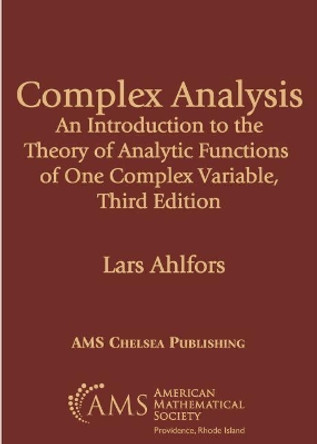Description
Springer Book Archives
Reviews
From the reviews:
The first chapter deals with a beautiful presentation of special functions... The third chapter covers elliptic and modular functions...in much more detail, and from a different point of view, than one can find in standard introductory books... For [the] subjects that are omitted, the author has suggested some excellent references for the reader who wants to go through these topics. The book is read easily and with great interest. It can be recommended to both students as a textbook and to mathematicians and physicists as a useful reference.
---Mathematical Reviews
Mainly original papers are cited to suppoert the historical remarks. The book is well readable.
---ZentralblattMATH
This is an unusual textbook, incorporating material showing how classical function theory can be used. The general scheme is to show the reader how things were developed without following the traditional approach of most books on functional theory. This book can be recommended to those who like to see applications of the theory taught in "classical courses".
---EMS
"The intended audience for this book is anyone who has taken a calculus course, who knows or is willing to believe the elementary theorems of real analysis given in the appendix, and who wants to learn the classical theory of analytic functions. ... The book is easy to read and with great interest. It can be recommended to both students as a textbook and to mathematicians and physicists as a useful reference." (Vasily A. Chernecky, Zentralblatt MATH, Vol. 1188, 2010)
Book Information
ISBN 9780817649180
Author John Stalker
Format Paperback
Page Count 228
Imprint Birkhauser Boston Inc
Publisher Birkhauser Boston Inc







